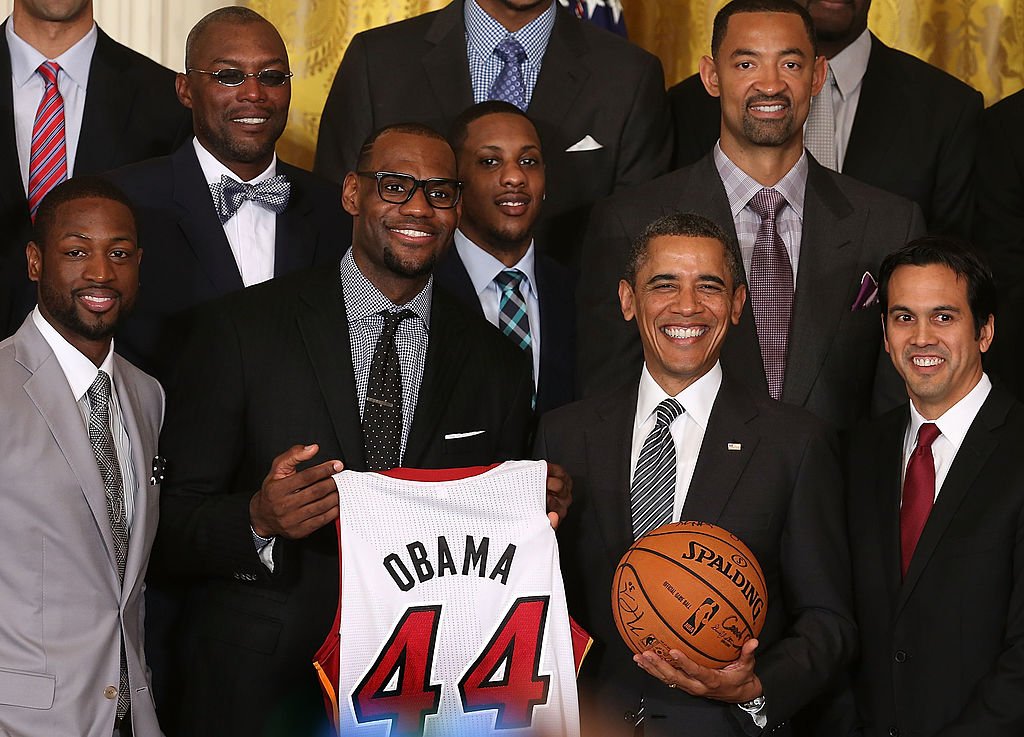
One day after the New England Patriots won the Super Bowl, safety Devin McCourty announced that he would not visit the White House with the team, saying he wouldn’t feel “accepted” in the White House because of what he described as President Donald Trump’s “many strong opinions and prejudices.”
McCourty was the second Patriots player to say he is skipping the tradition. Tight end Martellus Bennett previously said he would not be making the trip, saying he didn’t support “the guy that’s in the House.”
Since then, four more players have said they will not make the trip to the White House, raising the number to six Patriots who will not partake in the tradition.
While championship teams being invited to the White House is a long-standing tradition, players opting out is becoming an even bigger one, and it is almost certainly going to force a change in how the ceremony is handled.
A few of the more notable recent examples include:
- Pitcher Jake Arrieta, a noted Trump supporter, did not visit the White House recently with the Chicago Cubs when President Barack Obama was still in office.
- Tim Thomas, a noted member of the Tea Party, did not visit the White House with the Boston Bruins in 2011.
- Matt Birk in 2013 skipped the visit with the Baltimore Ravens, citing Obama’s support of Planned Parenthood.
- Even Tom Brady skipped the White House visit with the Patriots in 2015.
In the past, most players avoided controversy by saying their decision was based on other factors, such as a scheduling conflict or family commitments.

But with Trump in the White House, that tone seems to be changing. And now that the door to openly challenge the White House is open, more athletes could follow suit, just as some did when Colin Kaepernick of the San Francisco 49ers took a knee during the national anthem to protest police brutality.
If declined White House visits become more common, it would be a problem for the leagues, the teams, and the White House. The tradition already is becoming more about who is not going than it is about who is going.
While some feel players have an obligation to go, teams can’t force the players to attend. So how do they fix increasingly negative optics? Well, there is actually a simple solution that almost certainly will happen eventually and would change the tradition forever.
Instead of the White House inviting an entire team, the White House would ask teams to select players for “the honor of visiting the White House.”
Maybe teams will select five players, or 10, or even 30. Maybe they will select the entire team. It doesn’t really matter. The point will be to make it look as if players are being honored with selection. But in reality, the key is to simply invite only the players who actually want to go.
When that happens, players like Bennett and McCourty and Thomas and Arrieta can no longer “skip” the visit. They can’t opt out of something to which they are not invited.
Under this scenario, the focus is back on who is actually going and representing the team, and the story is no longer about who is protesting the president, no matter who is sitting in the Oval Office.













